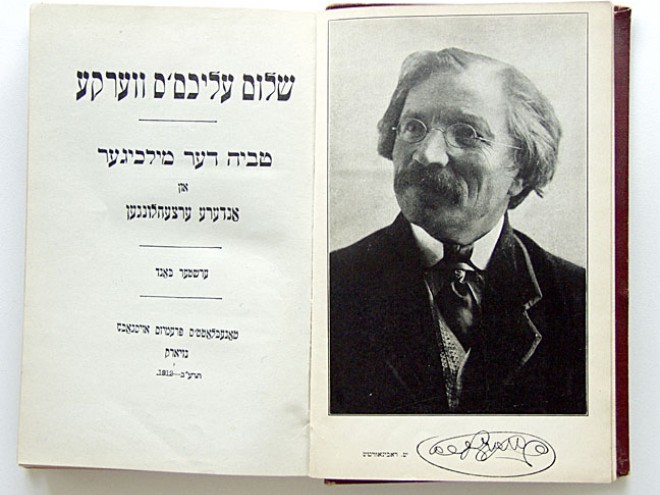Earlier this week, Talia Carner wrote about growing up as a a seventh-generation sabra among the Second Generation of Holocaust survivors in Israel, thereby inheriting a piece of their legacy of remembrance. She is the author of four novels, including the recently published Hotel Moscow, and will be blogging here all week for Jewish Book Council’s Visiting Scribe series.
 As we raise our children to be aware of the world around them, to think of others, and to be generous, we try to instill in them the practice of tzedaka.
As we raise our children to be aware of the world around them, to think of others, and to be generous, we try to instill in them the practice of tzedaka.
“But what is tzedaka?” my daughter once asked me.
Saying “be good to others,” didn’t cut it for me, as I know the Hebrew root word tzedek means “justice.” The directive to do good was more than merely the notion of giving or even correcting a wrong. The value of tzedaka is woven throughout the Bible, Jewish wisdom and culture, and encompasses the meaning of the intentions behind benevolent actions. After some research, I was able to better explain tzedaka:
- “Pursue justice.” Tzedek, tzedek, tirdof translates as: “Justice, justice, you shall pursue.” Righteousness is not passive, but rather an act one must “pursue” it. This value requires us not only to respond to injustice and suffering when we see it, but to actively search for opportunities to act in righteous ways.
- “Love thy neighbor” means that we should treat others as well as we treat ourselves. It is a commandment to care for others through direct action.
- Pe’ah, helping the poor while making sure they keep their dignity: In ancient Israelite society, a landowner had to leave a corner, or pe’ah, of his field or orchard unharvested so that the poor could pick choice fresh food, not rotten leftovers.
- Gemilut chasadim means “to bestow loving kindnesses.” Unlike charity, which awaits the cry of distress, benevolence anticipates it. It comes from within, from a compassionate heart, and involves active goodwill of sharing whatever one has with another who is deprived.
- Protect the Earth: “Earth is the Lord’s” expresses the idea that we live in a world that we did not create and nothing in it really belongs to us. All things are on loan to us, for safekeeping.
- Tikun olam means that, since the world we live in is imperfect, each of us must find opportunities to actively participate in improving some part it.
The breaking down of tzedaka to smaller components helped my daughter notice her own behavior. It helped her become mindful of situations and take action — from stopping bullying to preserving a receiver’s dignity. It helped her become a better Jew and a better person.
Talia Carner’s fourth novel, Hotel Moscow, was just released by HarperCollins. It is the story of an American woman who travels to Russia shortly after the fall of Communism, becomes embroiled in investigating a business crime, and when facing anti-Semitism, comes to terms with her parents’ Holocaust legacy and her own Jewish identity. For more about the author and the book, please visit www.TaliaCarner.com
Related Content:
- Eric Greitens: Improving Moral Vocabulary
- M. Elias Keller: The Charitable Side of Jekyll & Hyde
- Rabbi Shmuley Yanklowitz: Hurricane Sandy, FEMA, and the Need for Big Government
Novelist Talia Carner has authored six historical and psychological suspense novels that shed light on social indignities and unexplored historical events. Both The Boy With The Star Tattoo and The Third Daughter were named Finalists by the Jewish Book Council in the Book Club Categories. Formerly the publisher of Savvy Woman magazine and a lecturer at international women’s economic forums, Carner turned from trailblazing projects centered on women’s issues to fighting for Israel’s image. Born in Israel, she lives in New York and Florida.


